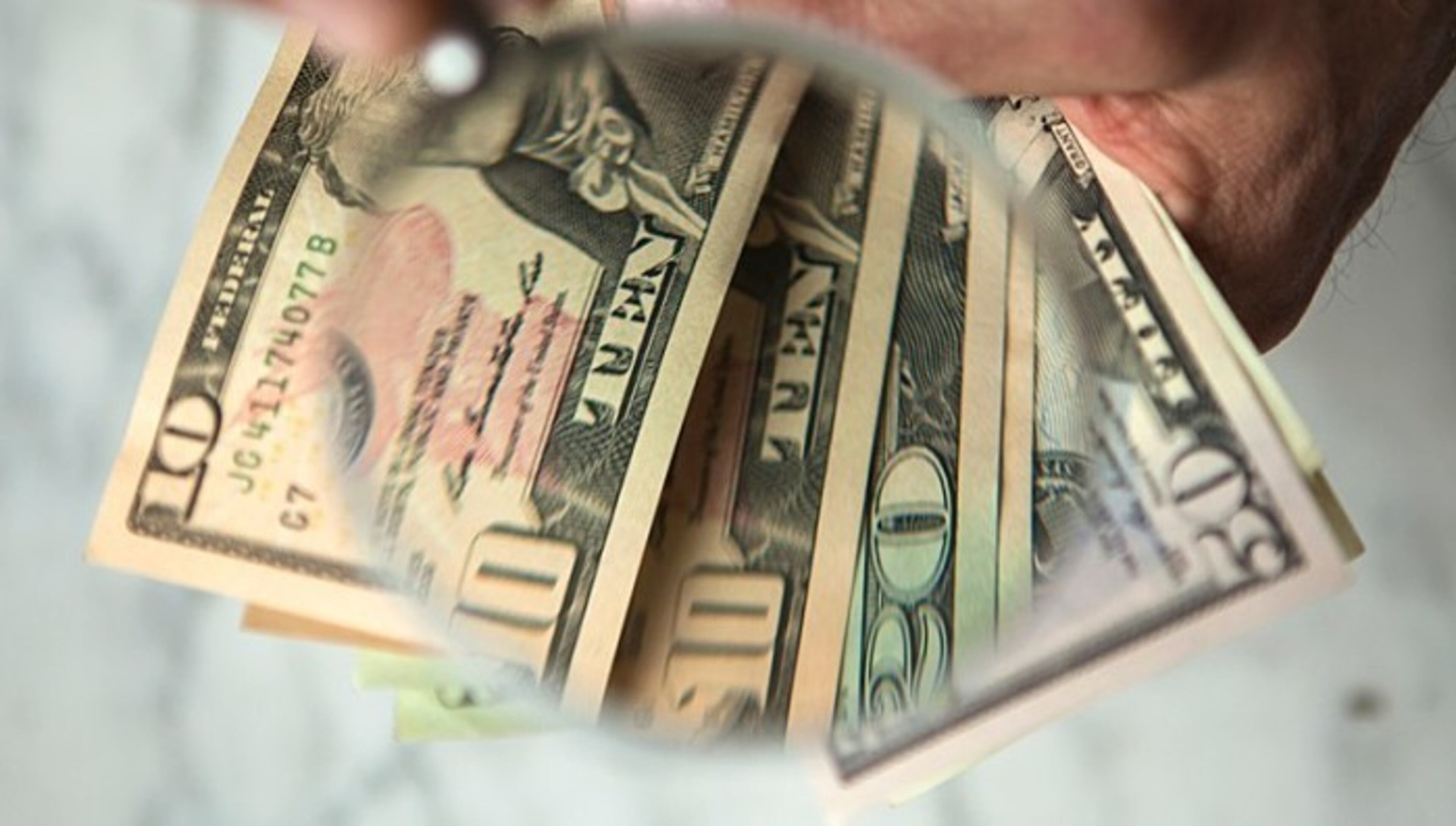5 everyday items you’re using that are germier than you think
As cold and flu season approaches, we all get a little bit more conscious about germs. Maybe you wash your hands more often or avoid that colleague sneezing in the corner cubicle.
Despite your best efforts, however, you're almost certainly going to come into contact with bacteria on a daily basis. Even some of the most mundane items you touch regularly are infested with bacteria and germs.
Sure, you may feel concern when sitting on public toilets or when using a public drinking fountain (especially after that sneezing colleague). But did you realize that some items you touch every day, without even thinking about the germs, are actually some of the dirtiest?
Here's a look at everyday bacteria-infested items that you probably never gave a second thought:
1. Kitchen sponges
Although it's associated with cleanliness, the sponge by your kitchen sink is one of the dirtiest objects in your entire home. According to Business Insider, it's even dirtier than your toilet!
A study published earlier this year revealed that the germ colonies living in your kitchen sponge are actually a more serious health hazard than you think. The researchers recommend replacing it every week. If you aren't, all the other precautions you're taking might be kind of pointless.

2. Office coffee mugs
Perhaps following the kitchen sponge revelation, it's not surprising that your office coffee mug is almost certainly loaded with germs.
A study, published by "The Journal of Dairy, Food, and Environmental Sanitation" and reported by Fortune earlier this year, revealed that 90 percent of office coffee mugs are coated with germs. But wait, it gets worse. Some 20 percent of the studied office mugs even had fecal matter on them.
Researchers suggest that if you drink from a reusable coffee mug, take it home daily and run it through your own dishwasher.

3. Mobile phones
How much time do you spend playing with and using your phone on a daily basis? Now, think, when was the last time you cleaned it?
A previous study has shown that as many as one in six mobile phones is actually infected with fecal matter. This, of course, means two things: a lot of people need to do a better job of washing their hands, and they also need to be cleaning their phones on a regular basis.
4. Bathroom towels
So, you go to the bathroom, do your business and, of course, you wash your hands. You even use extra soap and keep your hands under the water for a couple minutes. You're good, right? No germs left!
Well, you might be fine ... if you avoid drying off with the bathroom towel.
"Bacteria like to grow in wet, moist conditions," Charles Gerba, a professor of microbiology at the University of Arizona, told TIME in January.
He went on to explain that just because you washed your hands thoroughly, it doesn't mean the others who used the towel did the same. According to Gerba, all towels should be washed after just two days of use; otherwise you're merely rubbing bacteria back onto your skin.

5. Money
They say money is the root of all evil, but it's also the root of a lot germs.
In fact, money is so dirty that some scientists suggest transitioning entirely to cash-less transactions would be a significant boost to overall public health.
"The fibrous surfaces of U.S. currency provide ample crevices for bacteria to make themselves at home. And the longer any of that money stays in circulation, the more opportunity it has to become contaminated," a report in Scientific American from January explains, also pointing out that smaller bills carry the most germs and bacteria.
According to one government study reported by TIME, more than 90 percent of $1 bills harbor bacteria, including some that can cause blood infections, diarrhea, pneumonia, urinary tract and respiratory system infections. Yikes!
Essentially, germs and bacteria are unavoidable. But with that in mind, you can still do your best to keep your hands and everyday objects clean. Just remember to change that sponge weekly and wash your towels regularly.

